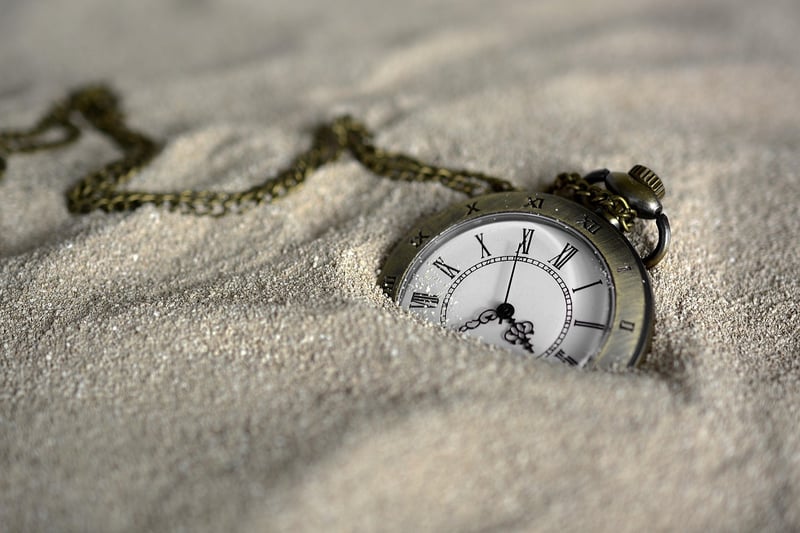Historical Impact
The Social and Historical Impact of Time Travel
Social Implications
Time travel, a concept often explored in science fiction, raises thought-provoking questions about its potential social implications. Here are some key points to consider:
1. Altered Identities
Time travel could blur the lines of personal identity. Individuals might meet younger or older versions of themselves, leading to existential crises or identity confusion.
2. Changing Relationships
Interactions with past or future generations could impact relationships. Altering the past might have ripple effects on personal connections and societal structures.
3. Ethical Dilemmas
The ability to change historical events raises ethical concerns. Deciding whether to intervene in past atrocities or preserve the timeline poses moral dilemmas.
Historical Impact
Exploring history through time travel can offer valuable insights and impact our understanding of the past. Here are some ways it could influence historical perspectives:
1. Witnessing Key Events
Time travelers could witness significant historical moments firsthand, gaining a deeper understanding of the context and impact of pivotal events.
2. Correcting Misconceptions
By observing historical events directly, misconceptions and inaccuracies in historical records could be corrected, leading to a more accurate portrayal of the past.
3. Preserving Cultural Heritage
Time travel could be used to preserve cultural heritage by capturing lost traditions, languages, and customs, ensuring they are not forgotten over time.

Overall, the social and historical impact of time travel is a complex and captivating subject that challenges our understanding of identity, relationships, ethics, and history.
For more fascinating insights into time travel and its implications, visit Wikipedia's Time Travel page.
